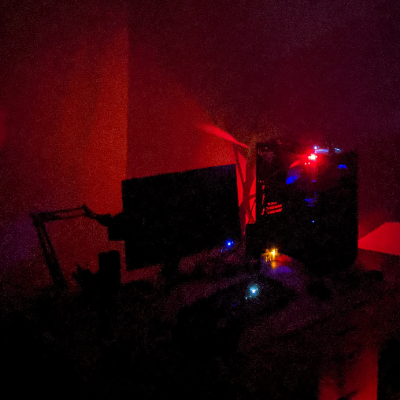cross-posted from: https://lemmy.cat/post/6027277
I’m curious to know how people manage their different encrypted storage here. And I’m talking about the case where you really need to manage SEVERAL encrypted storages/files.
What software do you use? Where do you save your passwords (password manager/paper/other) or do you use physical keys?
In short, what’s the best combination you’ve found or recommend to cover as many attack surfaces as possible: remote, local, physical, etc.?
Linux and Luks full-disk-encryption for every system. Remotely unlockable via ssh. HDDs are unlocked via keyfiles which are on the fd-encrypted SSDs.
For windows you can use VeraCrypt (don’t use Bitlocker!).
For single files I usually use 7zip or Peazip with long passwords.
HDDs are unlocked via keyfiles which are on the fd-encrypted SSDs
I hadn’t even thought of that!
deleted
Why riskier? Keep a backup of the boot-image and you’re good. And do generally backups of files and devices. Haven’t had any issue for years with Win10/11 and VC. Win7 and TC/VC on the other hand was awful…
deleted
I like this idea. I never use keyfiles - I’m irrationally paranoid of losing them - but I’ve been doing a good job of regularly backing up (in a way I’m confident of recovering from) for the past several years, so I’m going to let go of that fear and embrace keyfiles.
gocryptfs, because encrypted shares are accessible cross-platform(ish), and I have high confidence of having either a working static binary, or the ability to compile one, several years in the future.
Passwords are all in a
passstore, and also in a keepass db. I’m probably going to do away withpassand go back to some secret-tool backed be keepassxc, though, as I haven’t been very happy with pass (I use gopass, but same db format). I depend far more on keepass, and keeping the dbs in sync is a minor PITA, as well.In any case, I have a bespoke bash script that mounts/unmounts shares on demand via a rofi dialog.
pgp-agentdoes the password prompting as necessary, whichpassuses to decrypt the passwords.Everything - including the encrypted shares - is backed up by restic to encrypted backups - one each in B2, one each on local portable USB HDs.
I encrypt all my filesystems. I don’t use passwords: I have a cryptographic implant that calculates the hash needed to mount the volume based on the volume’s UUID and a seed stored in the implant. I basically present my implant to the NFC reader, and the init script automounts the volume.





